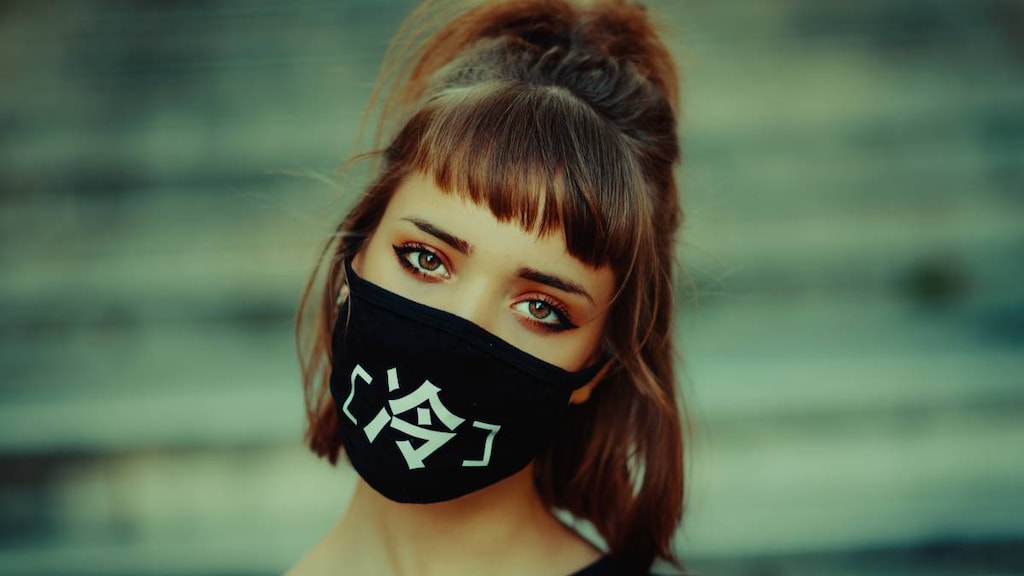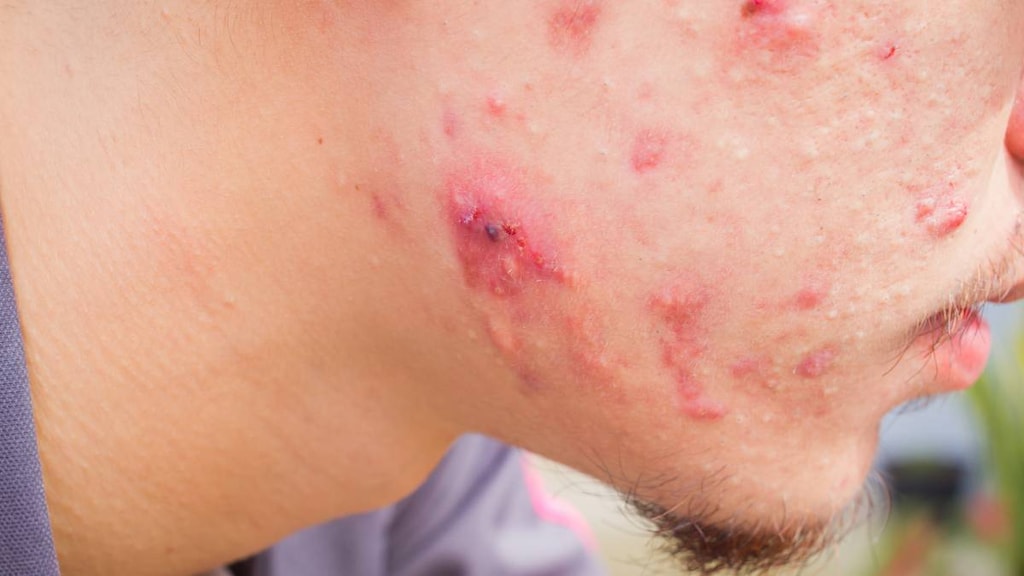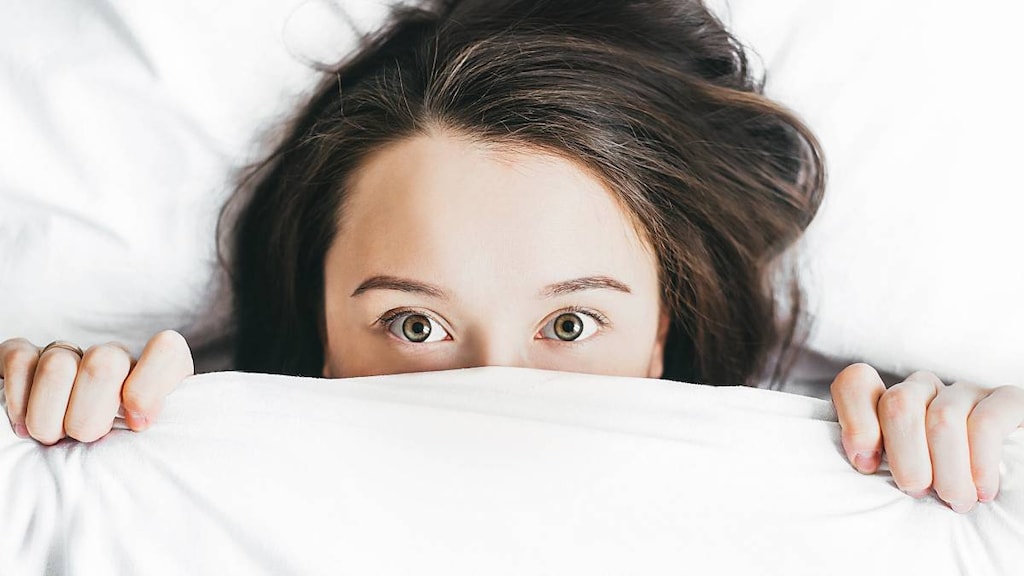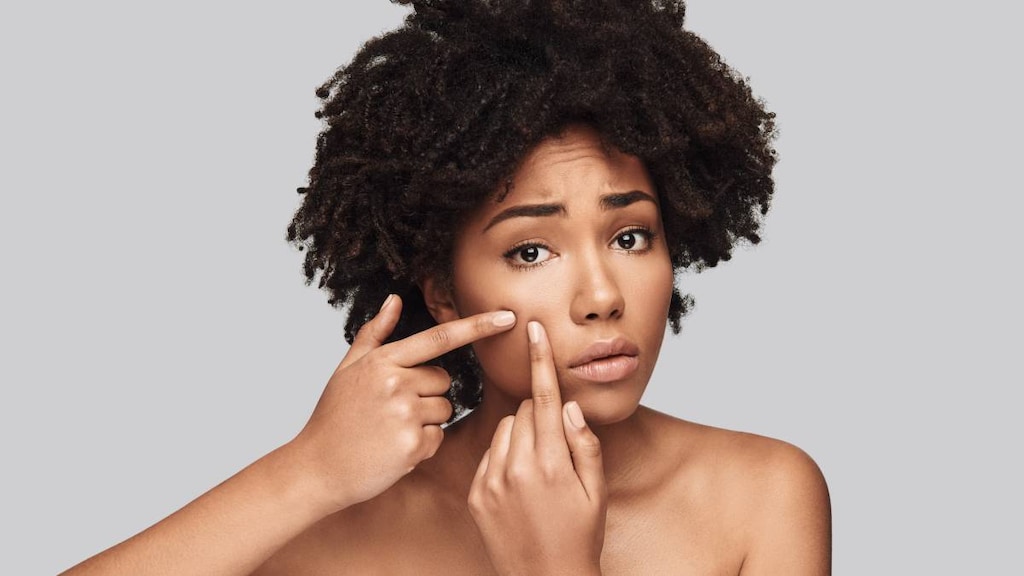What’s the Best Medication for Your Acne?


Acne varies from person to person — from mild to moderate to severe. But the good news is that no matter what type you have, there’s help. Today, thanks to a good number of effective treatments for all kinds of acne, virtually everyone’s acne can be controlled, according to the American Academy of Dermatology (AAD).
That said, figuring out what is the best acne treatment for you may take some trial and error, and some patience. You can’t treat your acne at night and expect to wake up with clear skin. Here’s what dermatologists recommend you use to treat your acne, depending on the type you have:
Treating Mild Acne
Mild acne is when you have a few blemishes and your skin breaks out on occasion. Mild acne can mean whiteheads, blackheads, and pimples — papules if the pimples are firm.
You’re likely to have success treating mild acne with over-the-counter topical treatments, which can be lotions, gels, creams or washes. Look for topicals that contain benzoyl peroxide or salicylic acid. Benzoyl peroxide kills bacteria and removes oil and dead skin cells. Salicylic acid helps unplug your pores.
Give the products you try some time to work. If you don’t see improvement after about 2½ months, you may want to try a different product. If there’s still no success, you might want to see a dermatologist.
Some other tips:
- Follow the directions on the product’s label. Most products recommend an application to the whole face, not just individual pimples. This means that pimples that are still forming are treated as well.
- Don’t overdo it. If you use too much or too often, it could dry out and irritate your skin.
- You may see some reddening of your skin initially, and your skin may peel slightly. This will improve with regular use of the product, but applying a light moisturizer to your skin afterward may help.
- Don’t pop your pimples. If you pick at them, you’ll only make things worse, and it could leave scars.
- Don’t stop using products once your skin clears. Continue to use acne-fighting cleansers and treatments to prevent your pimples from coming back.
Treating Moderate Acne
If your acne is moderate, you may need stronger prescription-strength topicals as well as oral medications. Here are some options you and your doctor might consider:
Topical treatments
Retinoids and retinoid-like medications.
Derived from vitamin A, retinoid drugs prevent your pores from getting plugged, the Mayo Clinic notes. They come in creams, gels and liquids. Start with small amounts at night, three times a week. You can apply retinoids daily after your skin has become accustomed to it.
Antibiotics.
The goal of antibiotics is to kill excess skin bacteria that are causing your outbreaks and to reduce redness. You may start with both a retinoid and a topical antibiotic. Apply the antibiotic in the morning and the retinoid at night. To reduce resistance to the antibiotic, consider one that has benzoyl peroxide. Some options are: clindamycin with benzoyl peroxide (BenzaClin, DUAC, Acanya) and erythromycin with benzoyl peroxide (Benzamycin). Don’t use topical antibiotics alone because doing so can cause the bacteria to become resistant to the antibiotic you are using.
Salicylic acid and azelaic acid.
Like antibiotics, salicylic and azelaic acids have antibacterial properties. You can buy salicylic acid treatments that are wash-off or leave-on, but neither may be that effective for moderate acne. A 20 percent azelaic acid cream used twice a day for about four weeks has been shown to be a rather effective treatment for moderate acne, the Mayo Clinic says. Combining it with the antibiotic erythromycin may make it even more effective. Caution: Azelaic acid can irritate your skin and discolor it.
Oral medications, if you need more than topical medications
Antibiotics.
If your acne is persistent and inflamed, you may need to take an oral antibiotic that your doctor prescribes. If you need an antibiotic, you’re most likely to be given erythromycin (such as E-Mycin), a doxycycline (such as Vibramycin or Monodox) or minocycline (such as Minocin).
Some tips on using oral antibiotics:
- Use for the shortest amount of time possible. You don’t want to develop resistance.
- Using benzoyl peroxide with your oral antibiotics may help prevent antibiotic resistance.
- Stay out of the sun while taking an antibiotic. That's because these antibiotics increase your skin’s sensitivity to the sun.
Treating Severe Acne
If your acne is severe, or none of these treatments seem to work, here’s what else your doctor may suggest:
The pill.
Women have the option of taking oral contraceptives that work as birth control and to reduce stubborn acne, the Mayo Clinic says. The U.S. Food and Drug Administration has approved several oral contraceptives that combine estrogen and progestin. Warning: It can take as much as two to three months before you see clearer skin.
Anti-androgen agents.
Women and girls with persistent acne might do well on anti-androgen agents. Androgen hormones stimulate the sebaceous glands, which produce oil. Blocking these hormones reduces the amount of oil that’s produced. The anti-androgen spironolactone (Aldactone) is often used. You should see results in a few weeks. Spironolactone is available as a pill or liquid. Combining spironolactone with oral contraceptives can increase its effectiveness. Men are not given spironolactone because it can cause breasts to become enlarged.
Note that hormonal therapies can be used alone — you may be able to stop other treatments you had been trying, according to the AAD.
Isotretinoin.
This is a pretty powerful drug that works for most people who don’t respond to other treatment, and it works long term. However, because isotretinoin can have serious side effects (ulcerative colitis, depression, suicide and birth defects), you will be monitored closely while on this drug, the AAD says. Isotretinoin is distributed under the brand names Absorica, Accutane, Amnesteem, Claravis, Myorisan, Sotret and Zenatane.
Other Treatment Options for Acne
Additional treatment options for acne, which can be used alone or with OTC and prescription medications, include:
Laser and photodynamic therapy.
Some people have found that different light-based therapies clear their skin. Work with your doctor to determine which light source and dose is right for you and how often you need a session.
Chemical peel.
For this treatment, your doctor applies acids — salicylic, glycolic or retinoic — to your skin. Improvement may not last long term, and the treatments may need to be repeated. The peels may cause your skin to sting or become red, irritated and crusty. But, give it time. These side effects will subside as you and your skin adjust.
Extraction of whiteheads and blackheads.
Don’t do this yourself. Let your doctor use special tools that are designed to remove whiteheads and blackheads that don’t clear up with other treatments. Caution: Extraction can cause scars.
Steroid injection.
Your doctor can reduce cystic acne by injecting the cysts with steroids. You will see rapid improvement and feel less pain with this treatment.
Keep Treatment Going
No matter which treatment you and your doctor choose, you should not stop it as soon as your skin clears. Breakouts can come back without continued treatment. Work with your dermatologist to determine when it is safe to stop treatments or switch to a maintenance plan.
Acne Prevention Tips
It’s hard to prevent pimples from forming when your hormones are raging. And most people are prone to breakouts in their teens and young adult years when their hormones surge. But here are two things that can help prevent breakouts and keep your skin clear once your treatment plan is working well:
Keep it clean.
Use an over-the-counter benzoyl peroxide face wash at least once a day, preferably twice. It’s important to keep your face clean to keep makeup, dirt and bacteria from building up and clogging your pores.
Eat healthy.
A diet low in sugar and carbohydrates may help decrease breakouts. Eating a healthy diet is important for good skin.
Article references
- Acne diagnosis and treatment, American Academy of Dermatology. https://www.aad.org/acne-treatment
- Skin dictionary, American Academy of Dermatology, Papules. https://www.aad.org/teach-healthy-habits/dictionary
- What kids should know about treating pimples, American Academy of Dermatology. https://www.aad.org/teach-healthy-habits/treating-pimples
- Acne, Treatment, Mayo Clinic. https://www.mayoclinic.org/diseases-conditions/acne/diagnosis-treatment/drc-20368048
- Acne Treatment with Antibiotics, Michigan Medicine. https://www.uofmhealth.org/health-library/hw199295
- Stubborn acne: Hormonal therapy may help, American Academy of Dermatology. https://www.aad.org/hormonal-therapy
- Isotretinoin, American Academy of Dermatology. https://www.aad.org/isotretinoin
- Spironolactone- oral route, Mayo Clinic. https://www.mayoclinic.org/drugs-supplements/spironolactone-oral-route/description/drg-20071534
- Chemical or micro peels, University of Iowa Hospitals and Clinics. https://uihc.org/health-topics/chemical-or-micro-peels
- Acne Vulgaris. MSD Manual Professional Version. https://www.msdmanuals.com/professional/dermatologic-disorders/acne-and-related-disorders/acne-vulgaris
- Who gets acne? National Institute of Arthritis & Musculoskeletal & Skin Diseases. https://www.niams.nih.gov/health-topics/acne#tab-risk
- 12 tips to combat acne, Rush University Medical Center . https://www.rush.edu/health-wellness/discover-health/12-tips-combat-acne




